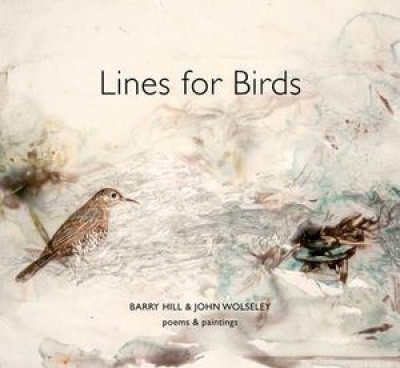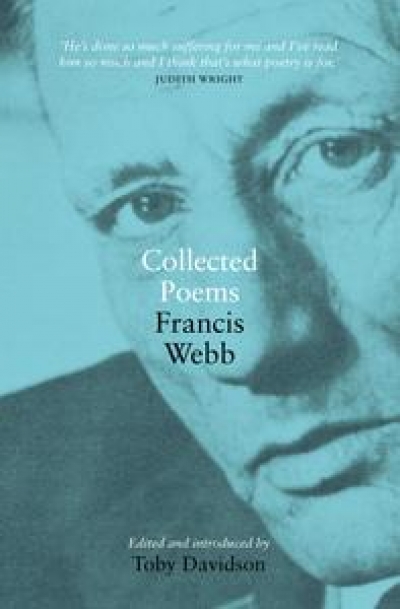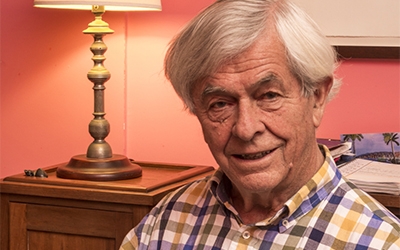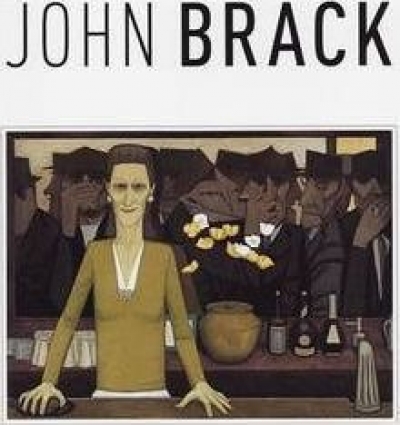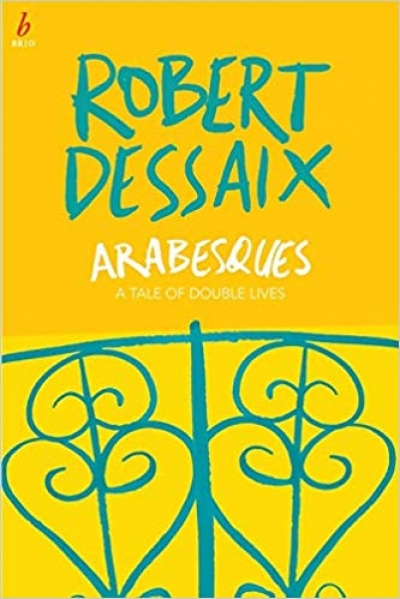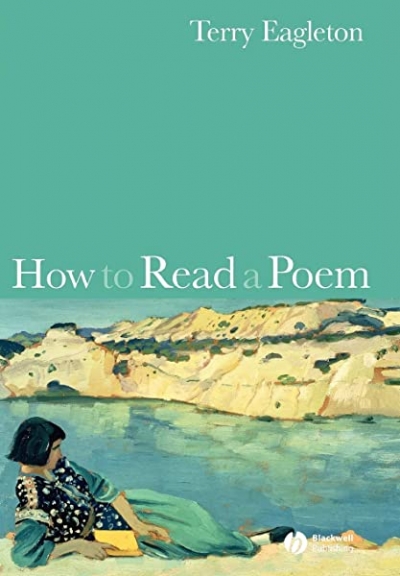Chris Wallace Crabbe
Apart from those
occasional wrinkled socks
you are aristocratically pallid
Lines for Birds: Poems and Paintings by Barry Hill and John Wolseley
Human Chain by Seamus Heaney & Stepping Stones: Interviews with Seamus Heaney by Dennis O’Driscoll
Are you a vivid dreamer?
Yes, in general I am, but I have three kinds of dream: those that are dully bureaucratic at root; those that revisit the emblematic landscapes or cities of earlier dreams; and wild, coloured dreams with a green welcoming ocean or dark monsters.
... (read more)Arabesques: A tale of double lives by Robert Dessaix
my eldest, Ben, now lies
And the bright prunus petals are dropping away
faster than flies, ... (read more)
Memory is actually anxious to be heard.
A.F. Davies
What a year, and how lucky we are that our country can only play a timid, cringing, subservient role in Iraq – which is not at all to disparage the soldiers we send there. It must be a bastard of a job for those young men, at the accursed interface.
February 6: We fly to Hobart for our Coles Bay holiday, pick up a car and gradually find Sarah and Gordon’s evasive house on its steep hill. The following morning he starts me off with a long stiff walk over the mountain slopes: easier at his age. But I could eat a horse afterwards, were that required.
... (read more)
